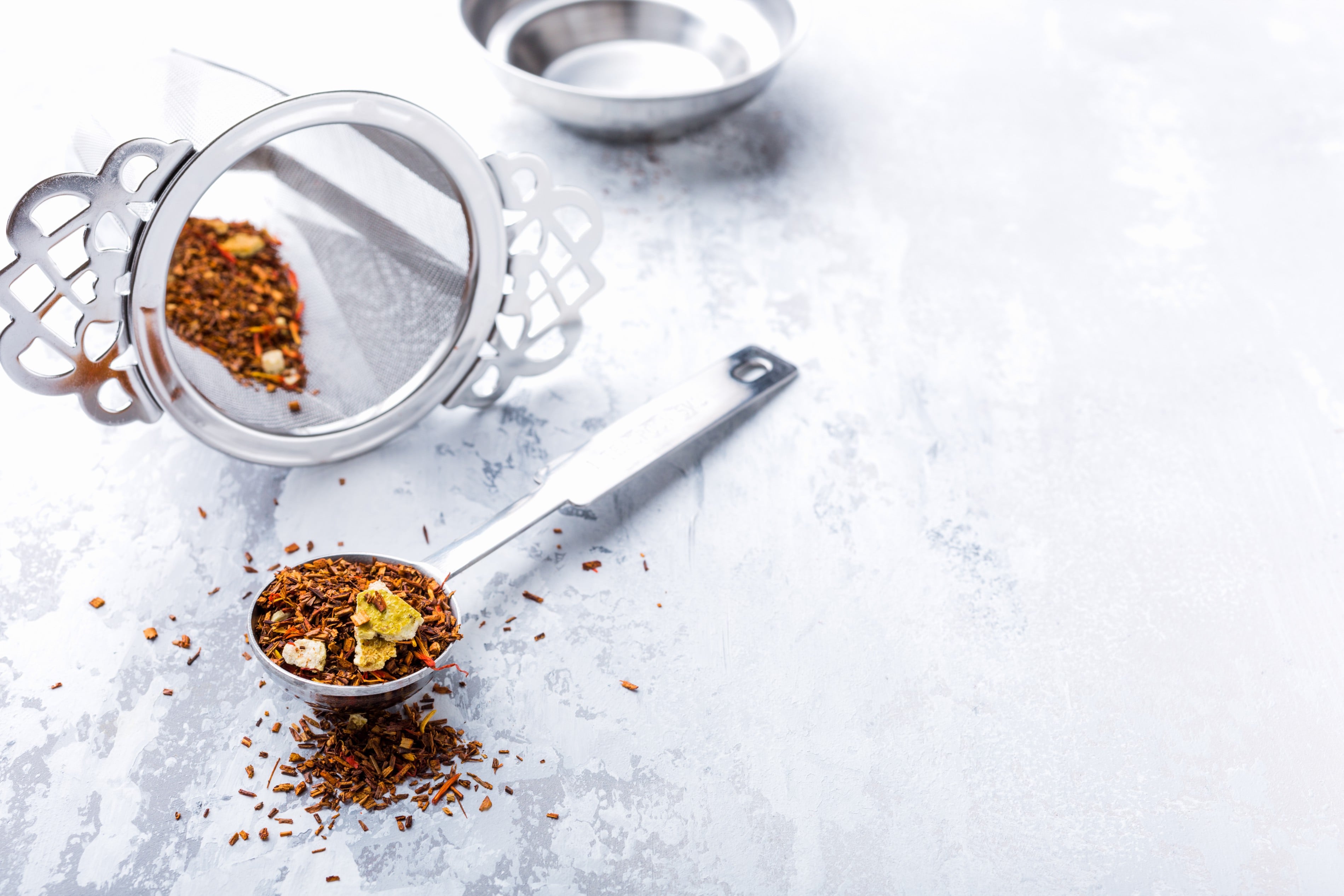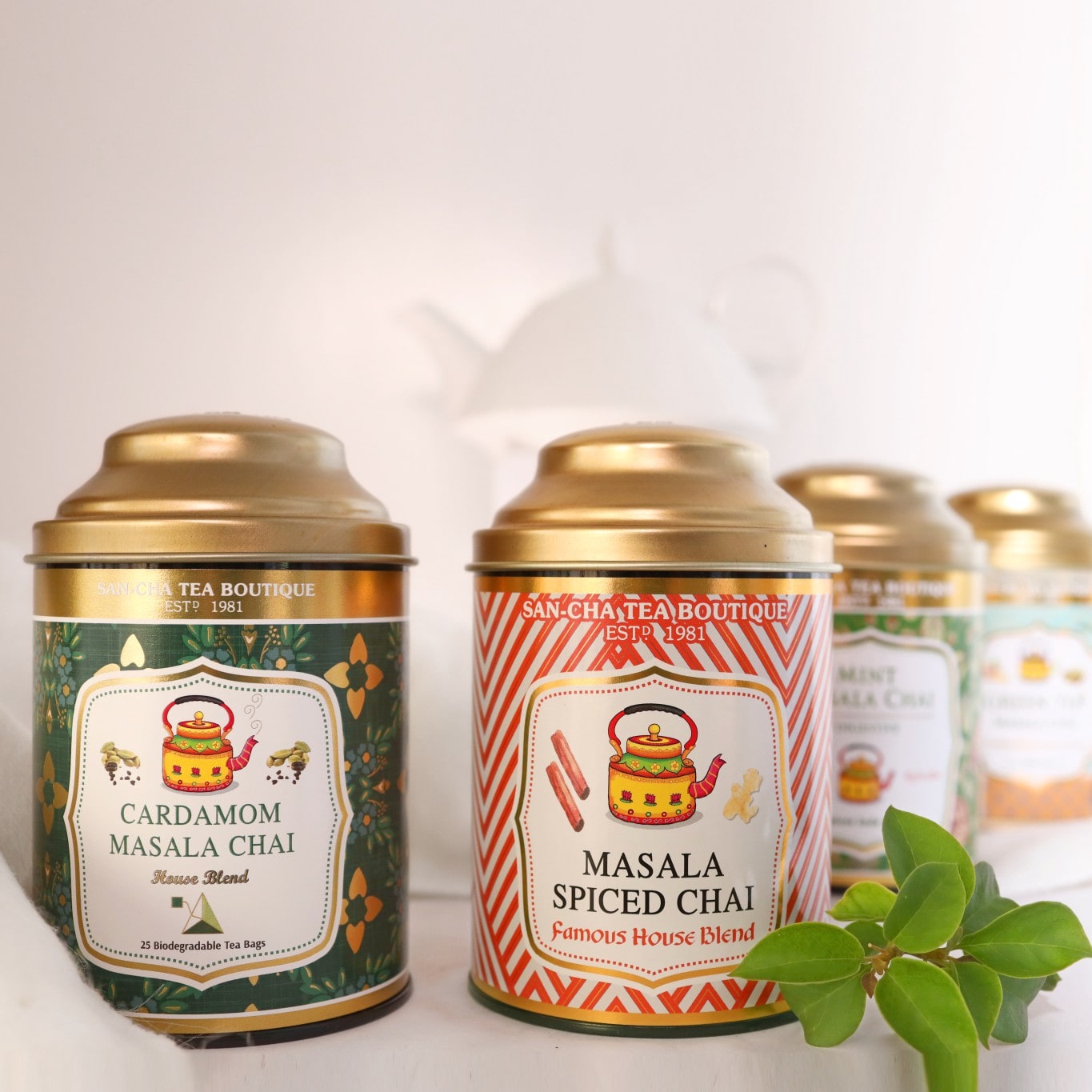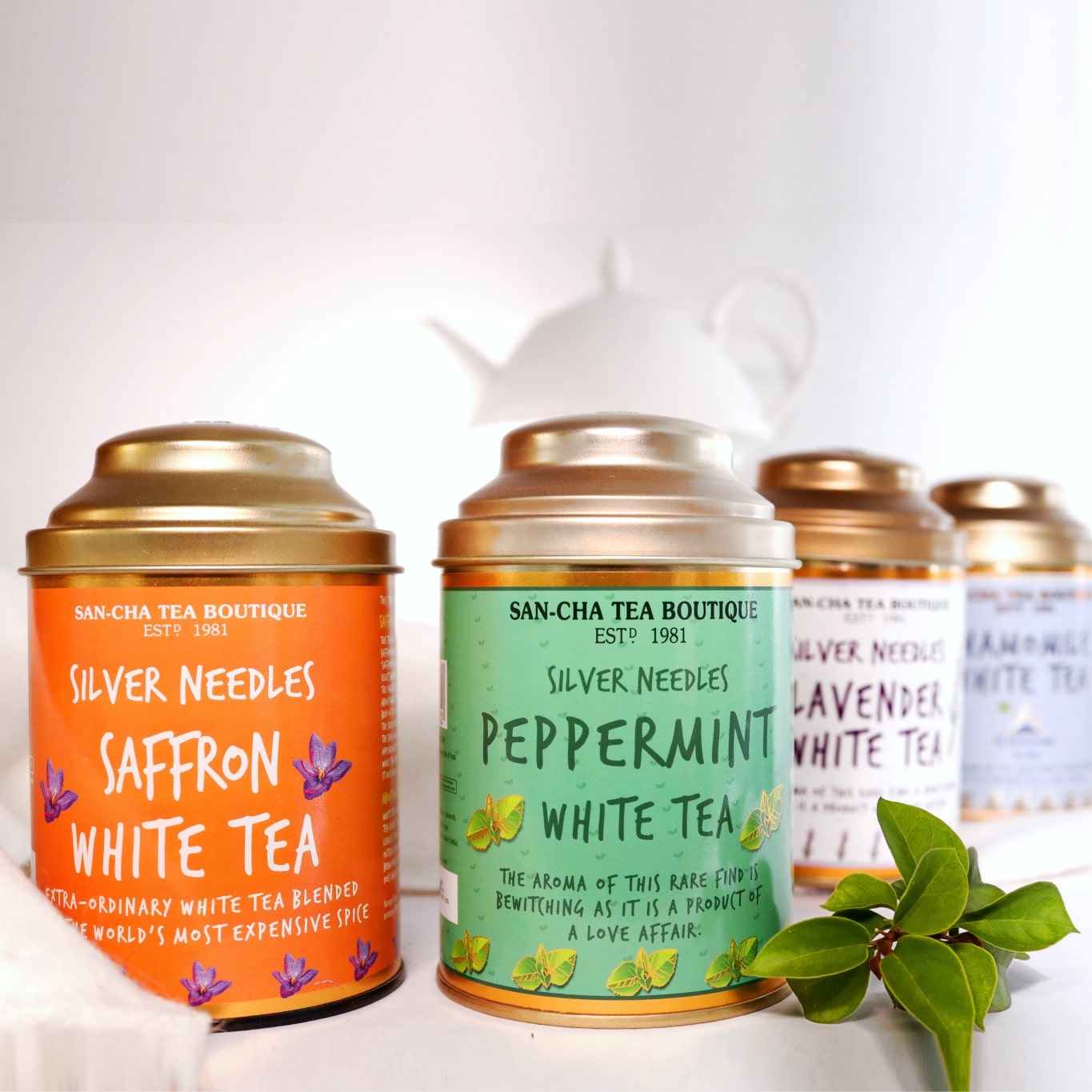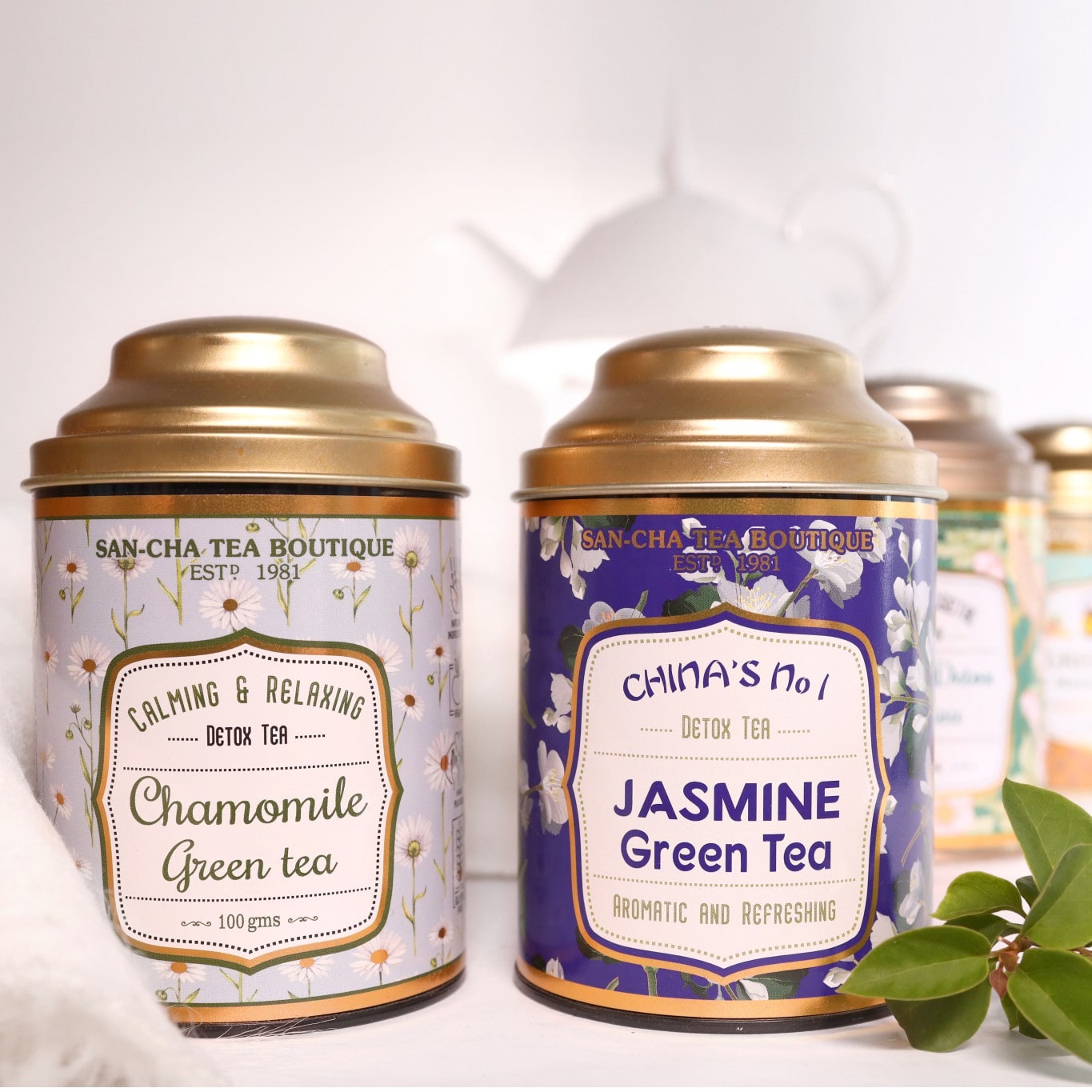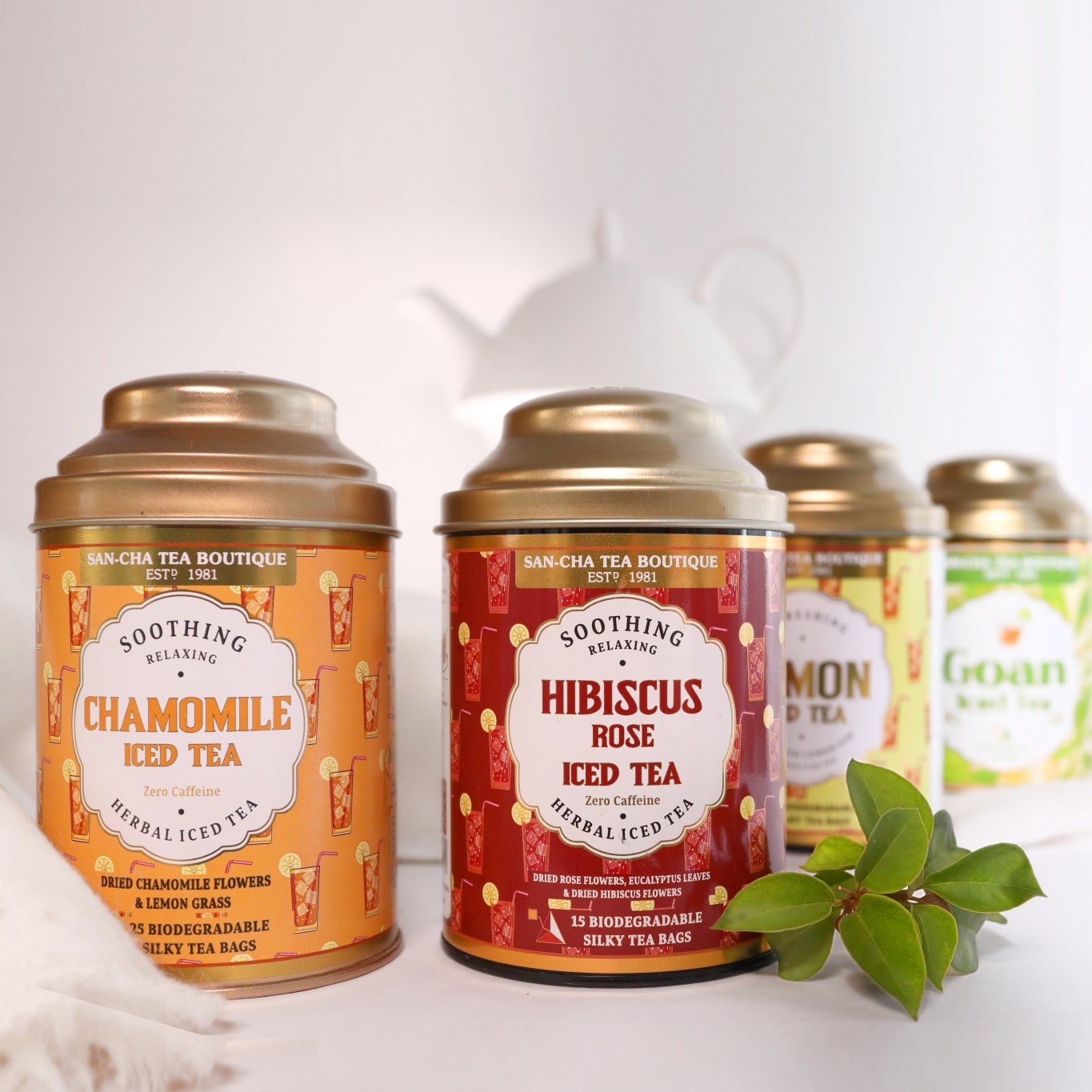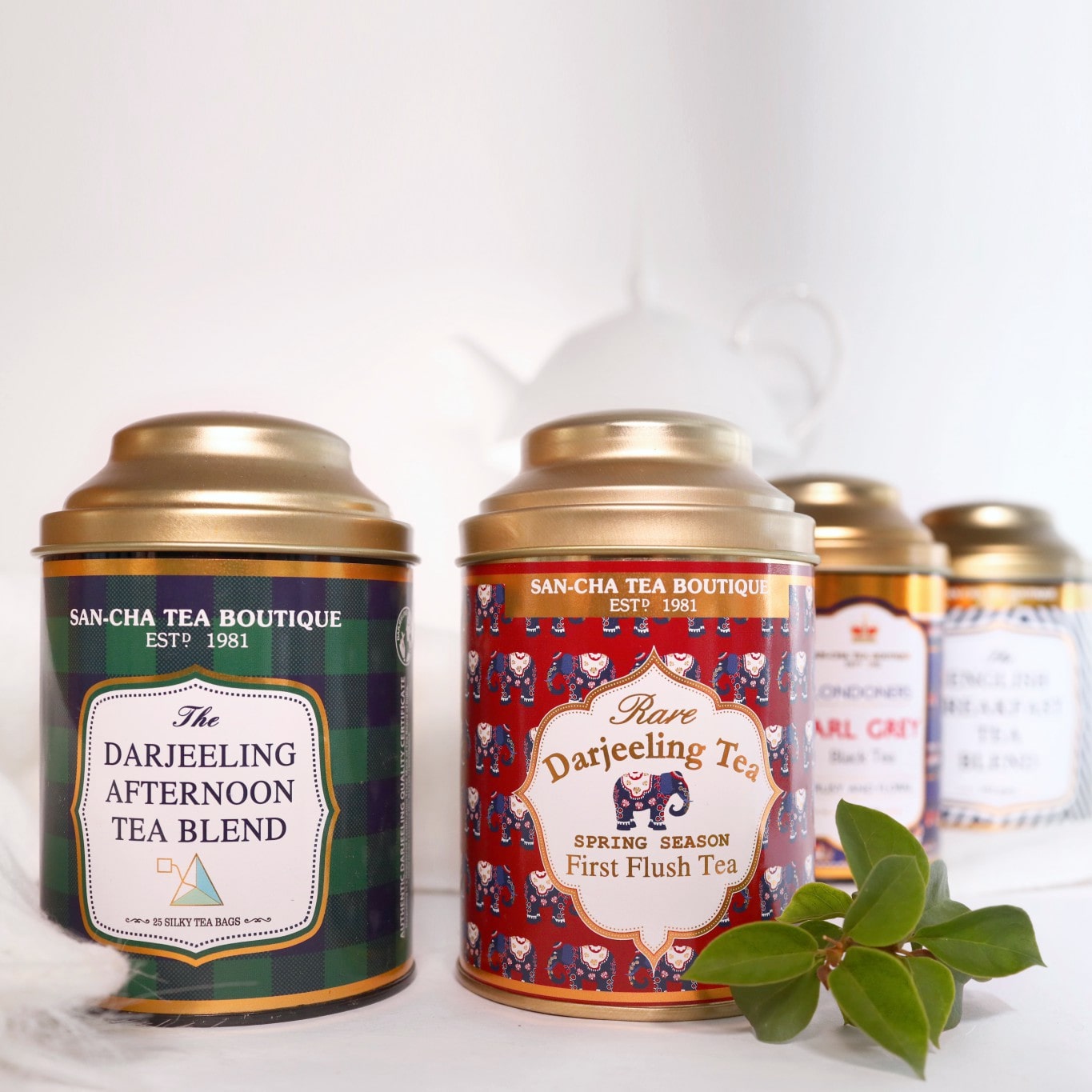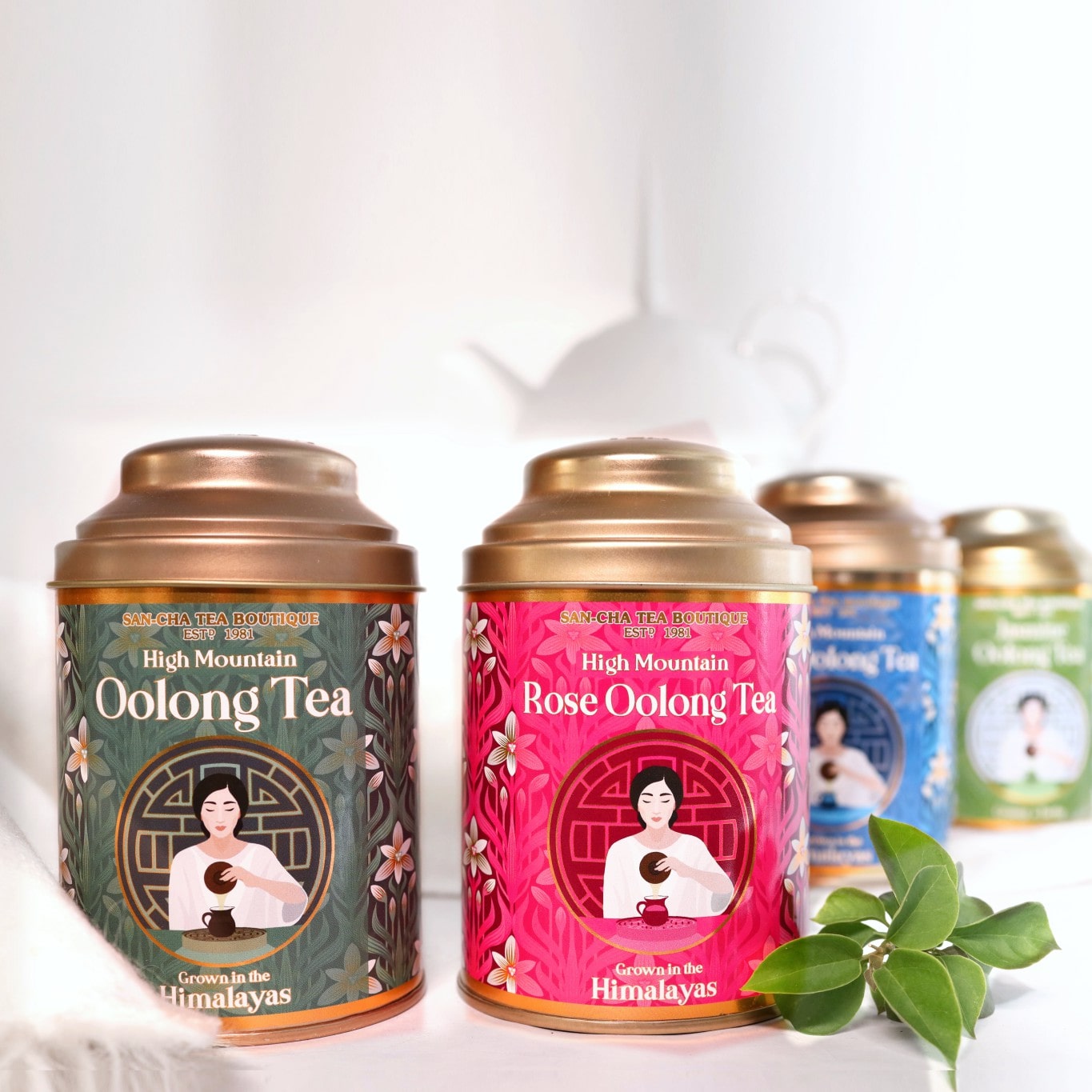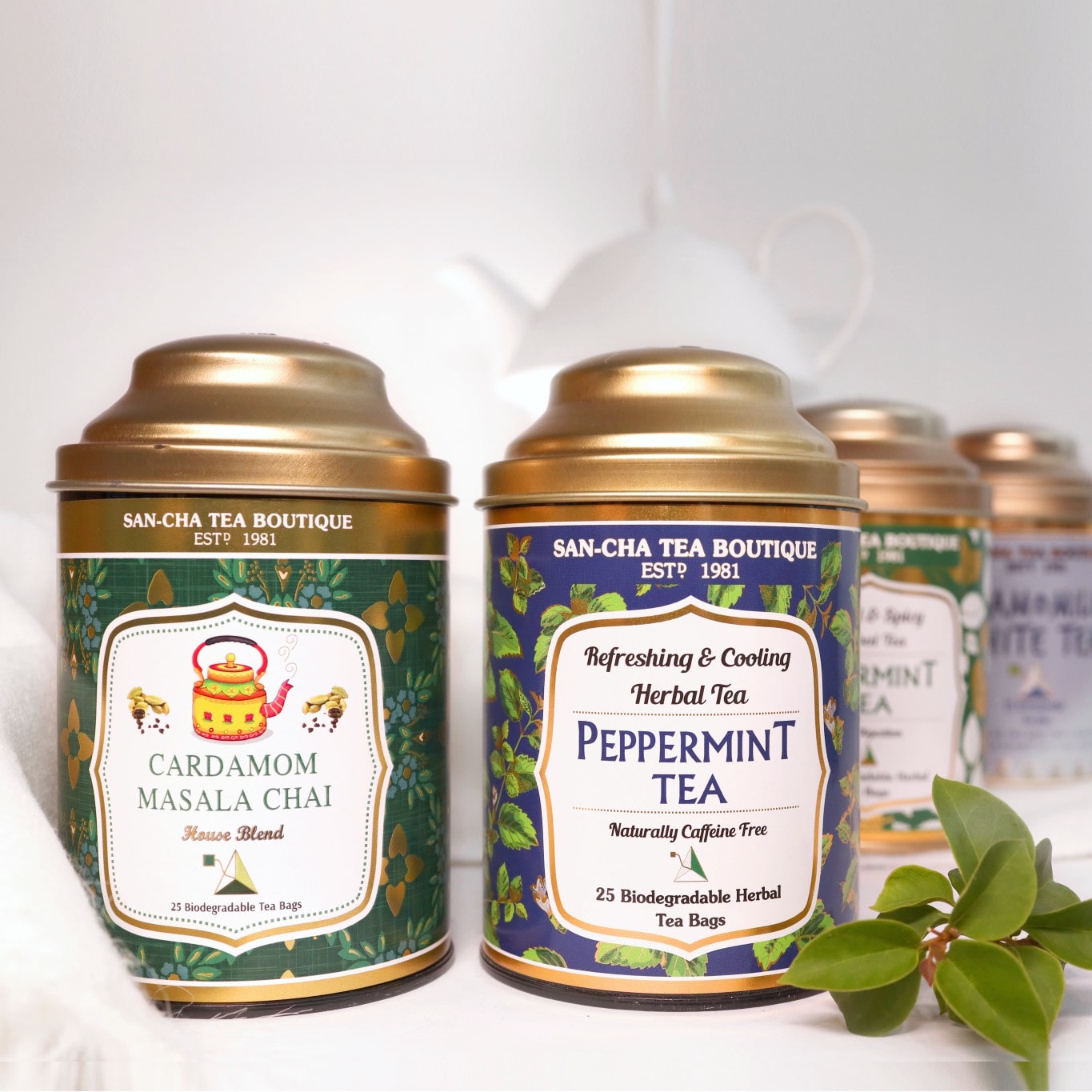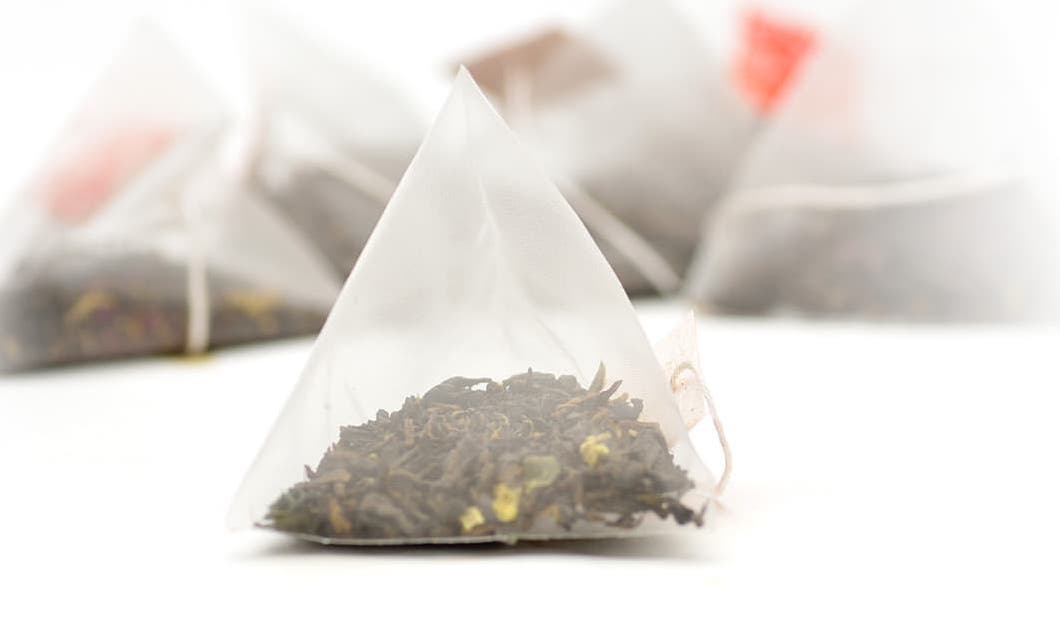The increasing presence of micro- and nano-sized plastics in the environment and food chain is of growing concern. Although mindful consumers are promoting the reduction of single-use plastics, some manufacturers are creating new plastic packaging to replace traditional paper uses, such as plastic teabags. The objective of this study was to determine whether plastic teabags could release microplastics and/or nanoplastics during a typical steeping process. We show that steeping a single plastic teabag at brewing temperature (95 °C) releases approximately 11.6 billion microplastics and 3.1 billion nanoplastics into a single cup of the beverage. The composition of the released particles is matched to the original teabags (nylon and polyethylene terephthalate) using Fourier-transform infrared spectroscopy (FTIR) and X-ray photoelectron spectroscopy (XPS). The levels of nylon and polyethylene terephthalate particles released from the teabag packaging are several orders of magnitude higher than plastic loads previously reported in other foods. An initial acute invertebrate toxicity assessment shows that exposure to only the particles released from the teabags caused dose-dependent behavioral and developmental effects.
First in India: Sancha is now offering 100% Biodegradable Tea Bags that are plastic free !


